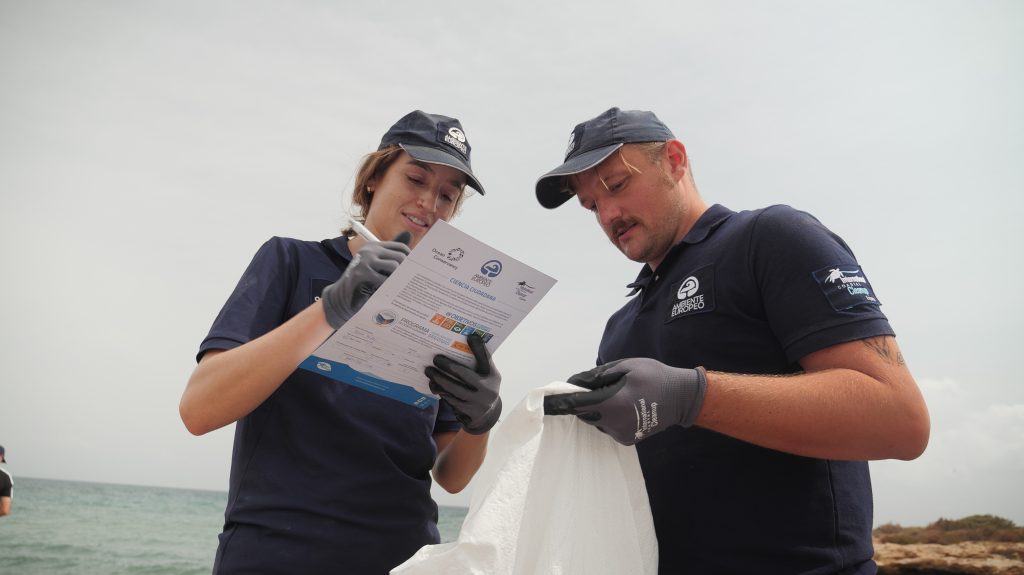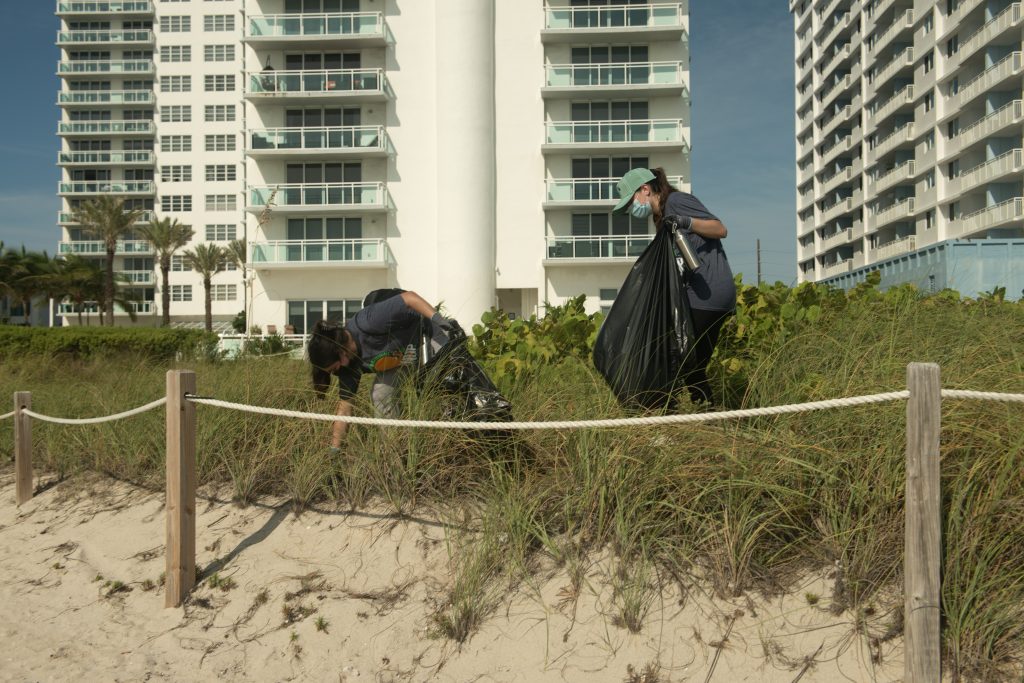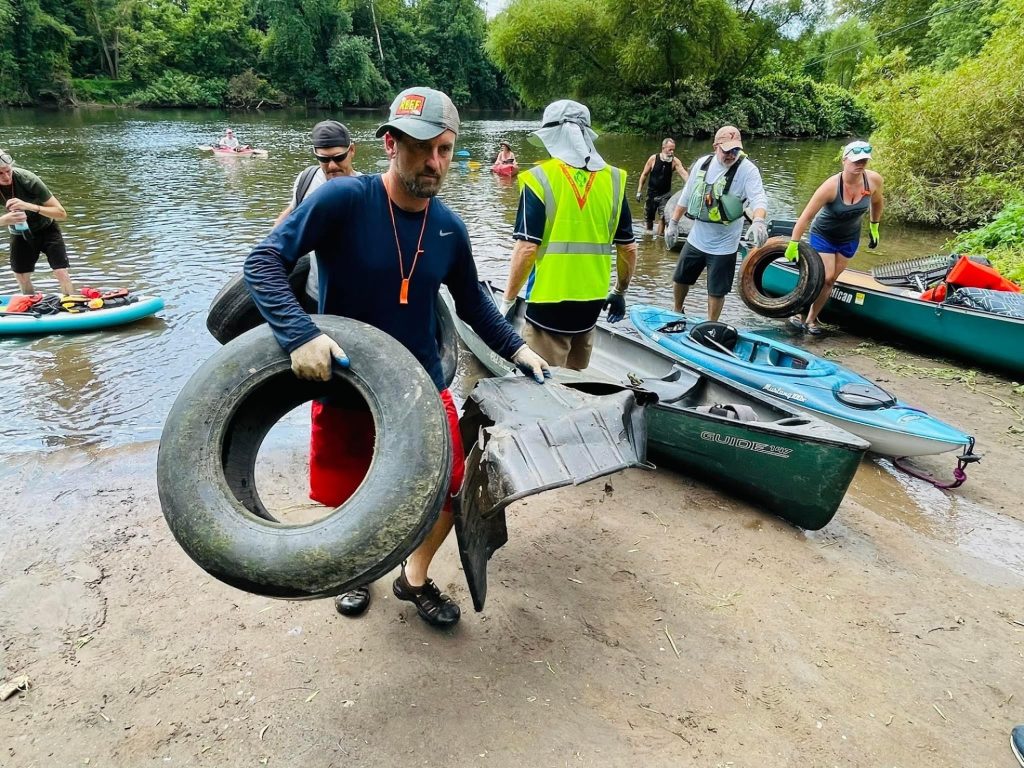World’s largest beach cleanup effort to engage over half a million volunteers
Ocean Conservancy is calling for volunteers worldwide to join the 39th annual International Coastal Cleanup (ICC), the world’s largest beach and waterway cleanup effort, launching on Sept. 21, 2024. With plastic pollution at crisis levels, ICC organizers invite everyone who loves the ocean to take action by joining a cleanup in their area.
Since the first ICC in 1986, over 18 million volunteers have joined local cleanup efforts to remove over 385 million pounds of trash from beaches and waterways around the globe, making it the largest beach and waterway cleanup in the world. At last year’s ICC, over 486,000 volunteers collected nearly 8 million pounds of trash globally, including nearly two million cigarette butts, over 1.3 million beverage bottles, and over 850,000 bottle caps. Ocean Conservancy is expecting an even larger turnout in 2024.
“Over a garbage truck’s worth of plastics – much of it single-use – enters the ocean every minute, where they accumulate year after year,” said Ocean Conservancy’s Senior Director of the International Coastal Cleanup Allison Schutes. “Ocean Conservancy is calling on volunteers worldwide to join this year’s International Coastal Cleanup and #SeatheChange. Every piece of plastic collected and recorded as part of the International Coastal Cleanup informs important research and advocacy and makes a tangible difference for our ocean and the creatures that call it home.”
This year’s ICC will feature the following flagship cleanups, in addition to others. in Alki Beach, Seattle, WA (Sept. 21) and Kingman Island, Washington, D.C. (Sept. 28).
Every year, more than 11 million metric tons of plastic waste are estimated to enter the ocean, impacting more than 1,300 species of marine life, including seabirds, sea turtles and marine mammals. Plastics never fully breakdown in the environment and instead, break into smaller and smaller pieces called microplastics. Microplastics are being found everywhere scientists look, from the depths of the Mariana trench to mountain tops, and even our dinner plates, showing up in proteins, salt, and even drinking water.
“While we need policies to prevent plastic pollution from reaching our beaches in the first place, removing trash from the environment is a critical part of reducing harm to animals, sensitive habitats and human health. When these plastics break up into microplastics, they are then all but impossible to remove.” said Ocean Conservancy’s Director of Plastics Policy Anja Brandon. “It also provides critically important data on plastic pollution that we use to advocate for policies to prevent plastics from becoming pollution in the first place. In this way, every item collected and recorded is a step towards a cleaner, plastic free future.”
In addition to the direct benefit of removing trash from the environment, the data collected by ICC volunteers using the Clean Swell app or data sheets contributes to Ocean Conservancy’s marine litter database. This database is the world’s largest repository of marine debris data and is used to inform scientists, conservation groups, governments, and industry leaders about ocean trash to fue plastic pollution prevention and advocacy efforts. ICC data has been instrumental in spurring policy change from being used to promote California’s SB 54, the Florida balloon release ban, the Farewell to Foam Act, and advocate for source reduction in the upcoming plastics treaty.
To start a cleanup, download Ocean Conservancy’s app, Clean Swell, and take along a trash bag to collect and document the debris. For more information, visit oceanconservancy.org.
Sponsored Content
Notice: Function the_widget was called incorrectly. Widgets need to be registered using
register_widget(), before they can be displayed. Please see Debugging in WordPress for more information. (This message was added in version 4.9.0.) in /mnt/efs/html/wp-includes/functions.php on line 6114














